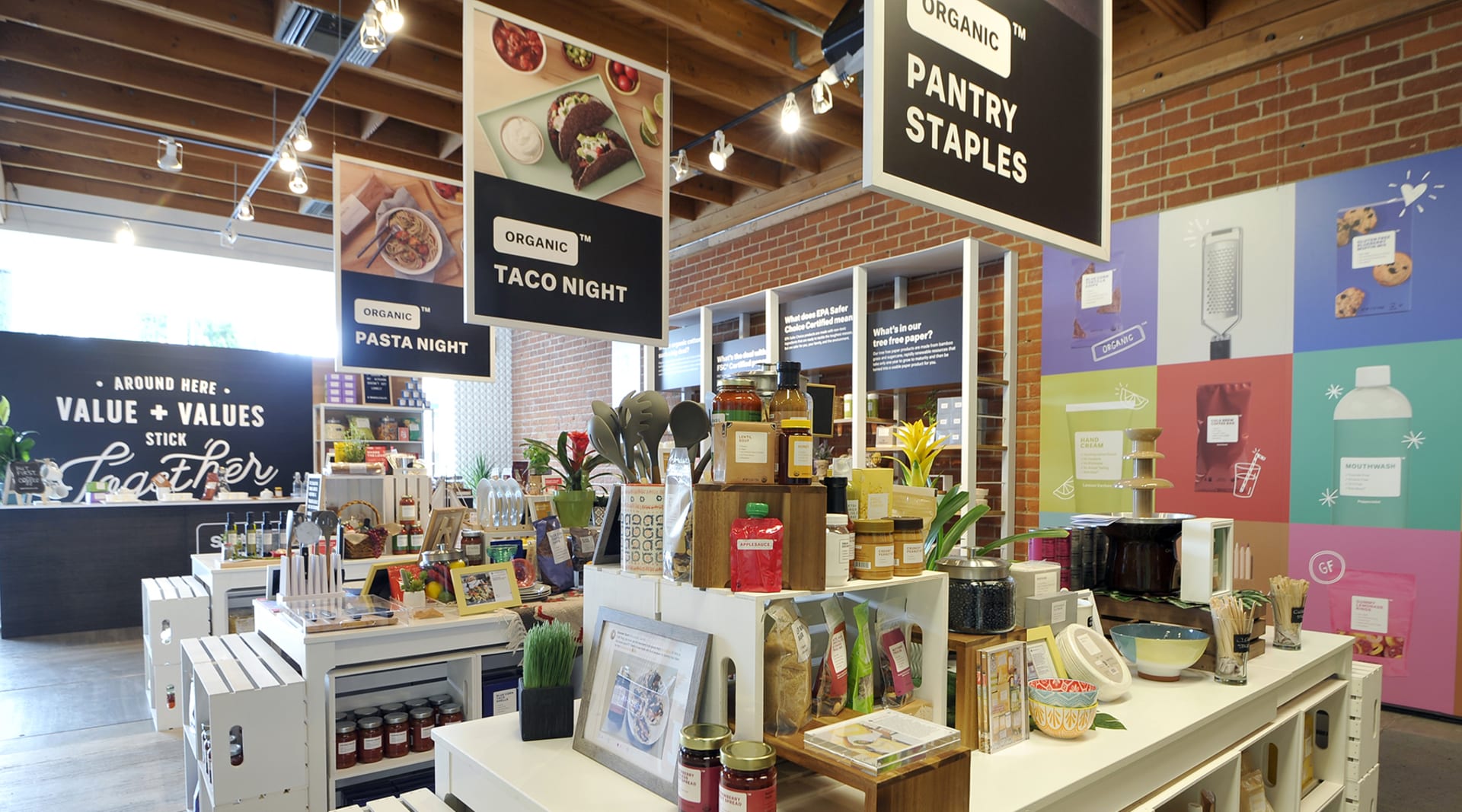Disruption in the food category, with companies such as Brandless entering the market to offer certified organic, fair trade and non-GMO products for a mere $3 each, has shifted natural and organic expectations from premium purchases to the new basic, as predicted in our 2018 “Future 100” report. The growth in affordable natural and organic products is extending beyond food and into other lifestyle sectors, and Brandless has rolled out new categories over the last year which include household goods and personal care.
Major brands are rendering natural and organic attributes the norm as these products are given more shelf space and bargain prices
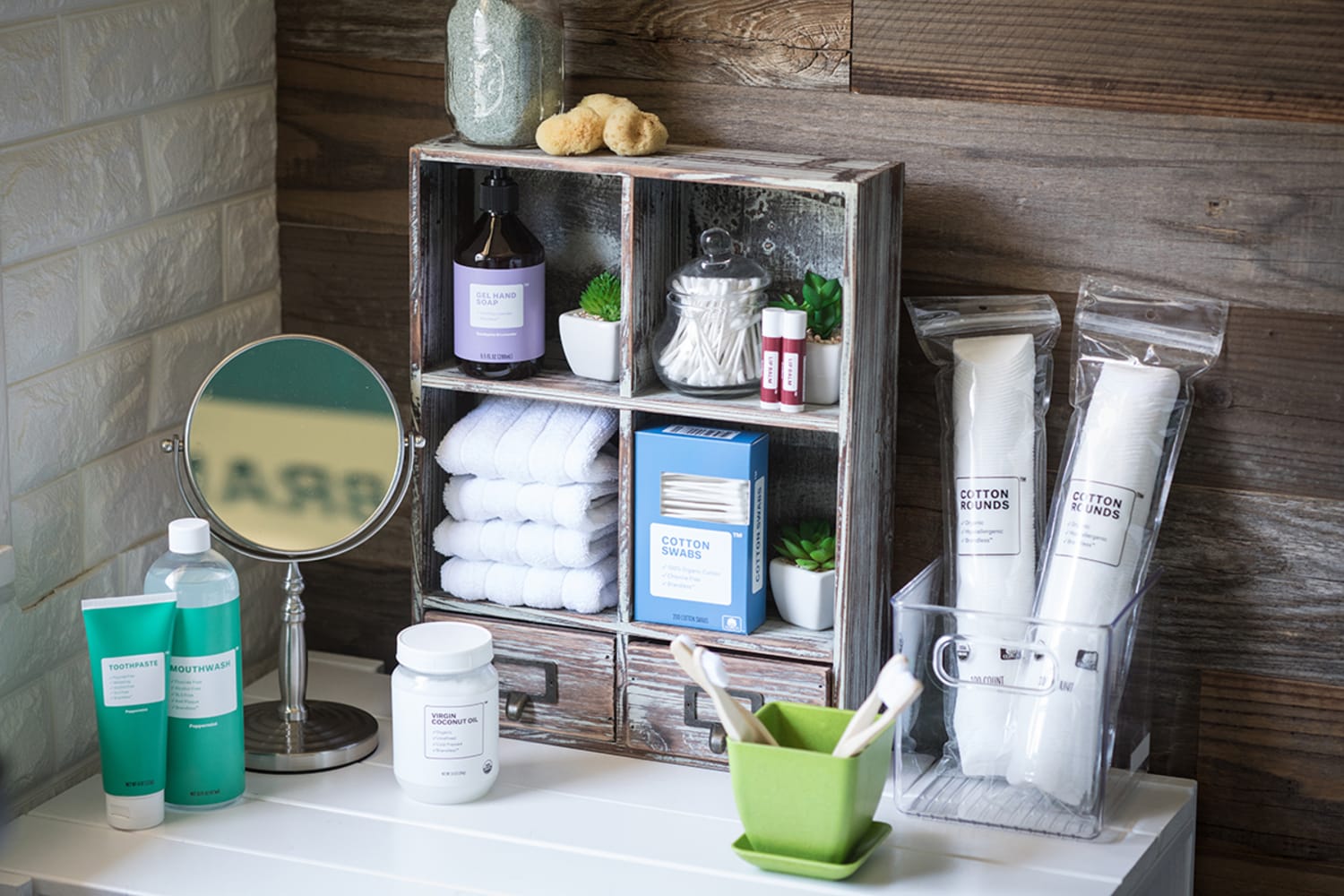
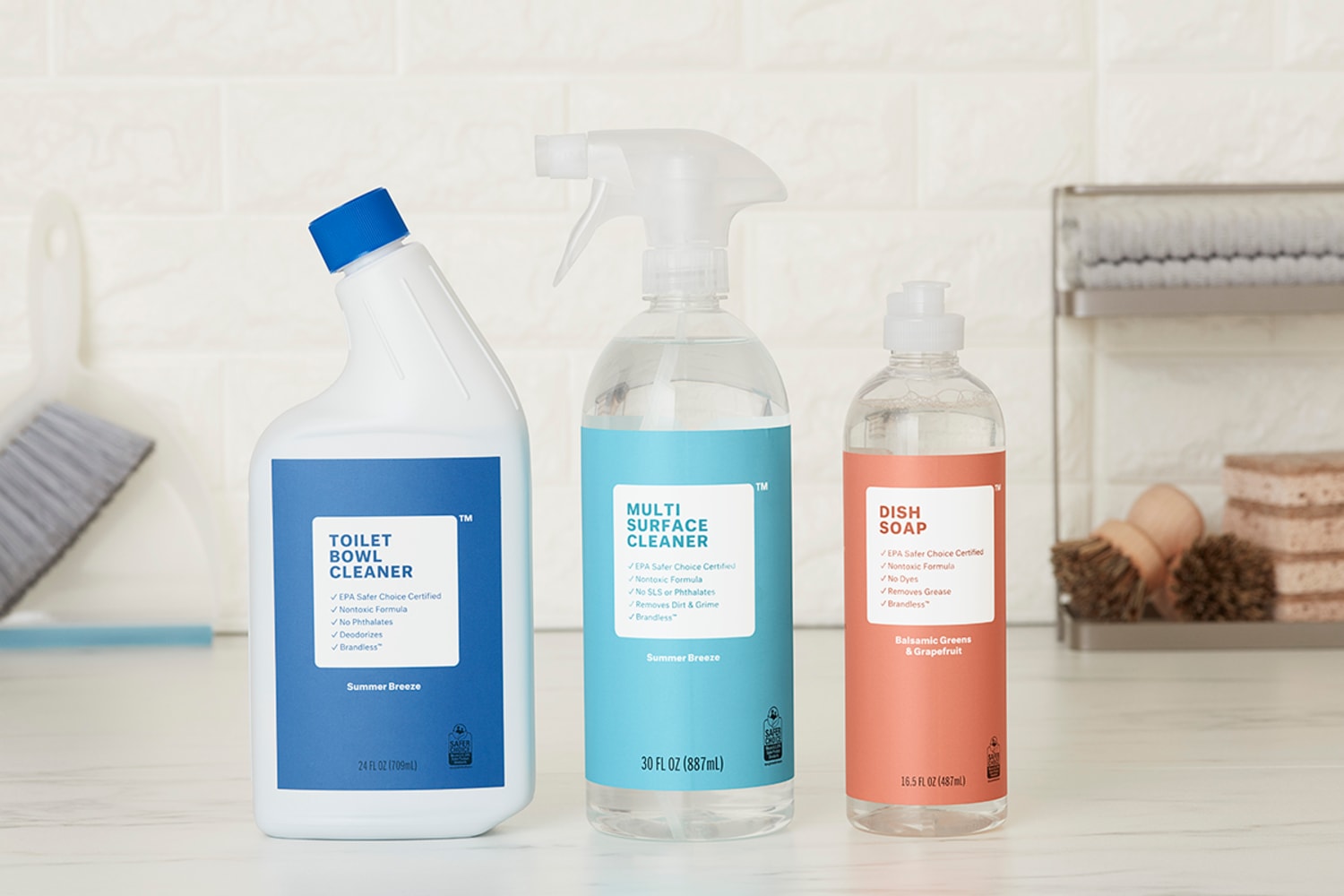
Now big brands such as Amazon, Target and Costco are looking to take a slice of the organic pie by competing to be cheaper, better, and more accessible. This marks a win for consumers, especially when 53% of US millennials say they now expect all products to be natural, 43% expect organic and 49% GMO-free, according to a survey conducted by SONAR™, J. Walter Thompson’s proprietary market research tool.
Beauty
Beauty retailer Sephora launched its Clean at Sephora label on June 1, a section devoted to natural and clean skincare, hair products and makeup. The reason for ramping up the transparency is due to consumer demand. “Through research and insights, Sephora uncovered that more than 60% of women read beauty product labels prior to purchase, and that 54% claim it’s important for their skincare products to have a point of view on clean,” says Artemis Patrick, chief marketing officer at Sephora.
The global organic and natural beauty market is expected to reach $13.2 billion this year and increase to over $15.6 billion by 2020, reports Transparency Market Research. This has encouraged stores including Target and Nordstrom to make more room for natural beauty.
Showing its dedication to this category, Walmart has created Found, its own natural beauty range, which launched last fall. The collection has over 130 products across skincare and makeup, and includes a Clarifying Tea Tree Gel Cleanser, Clarifying Red Clay Sheet Mask, and Volumizing Mascara with Nettle Seeds. The biggest perk is that products start from just $2.
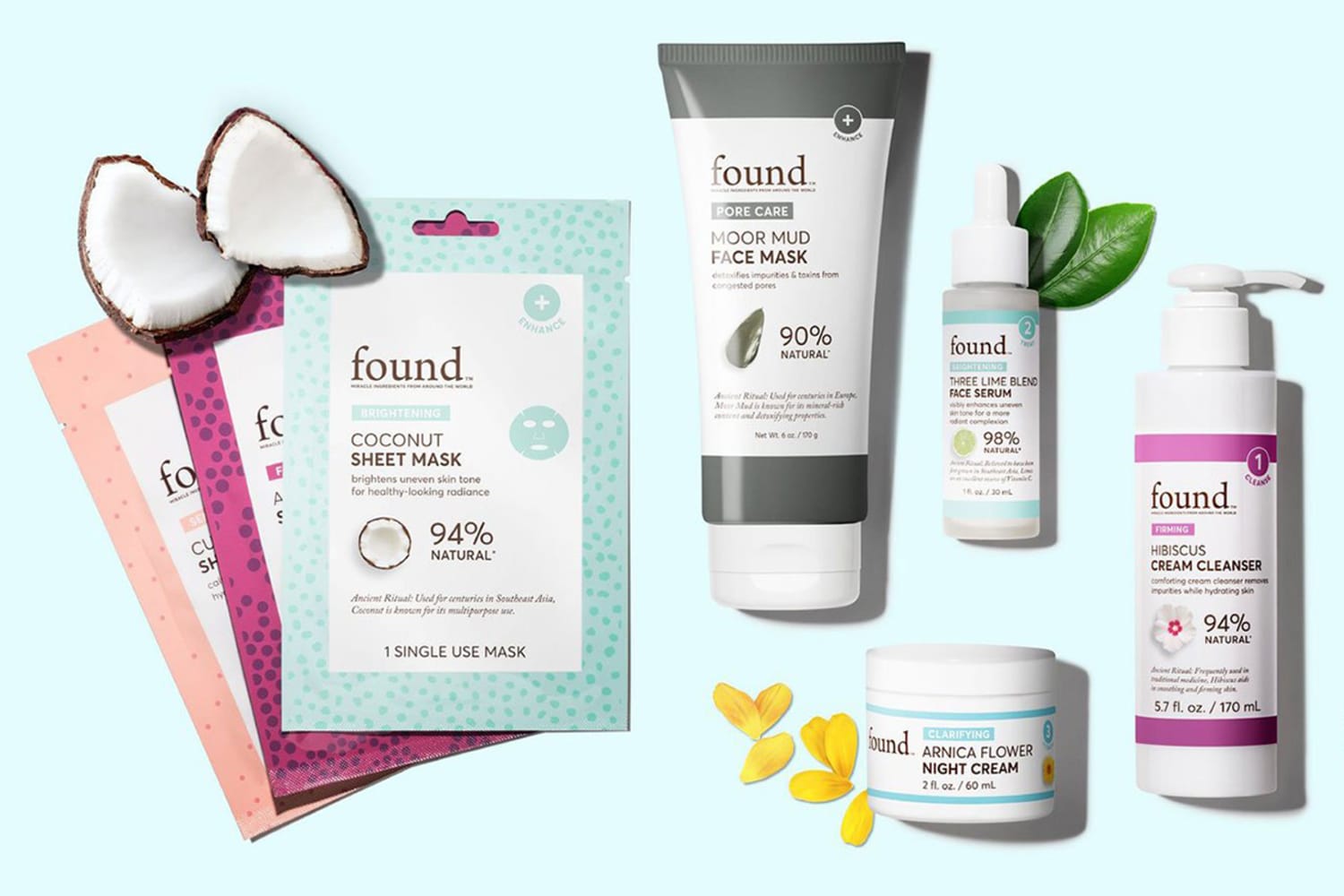
Food
Sales of organic food reached $43 billion in 2016, up 8.4% from the previous year, according to the Organic Trade Association. These positive numbers have prompted big brands to ramp up the presence of natural and organic products, and remain competitive by lowering prices.
In May 2018, Amazon announced that Prime members will get an additional 10% off Whole Food products, potentially going head-to-head with Costco, which is a major player in the organic food market, reporting $4 billion in annual sales in 2016. To keep up with demand, Costco manages quality and output with its own organic farms and even lends money to farmers to fuel growth.
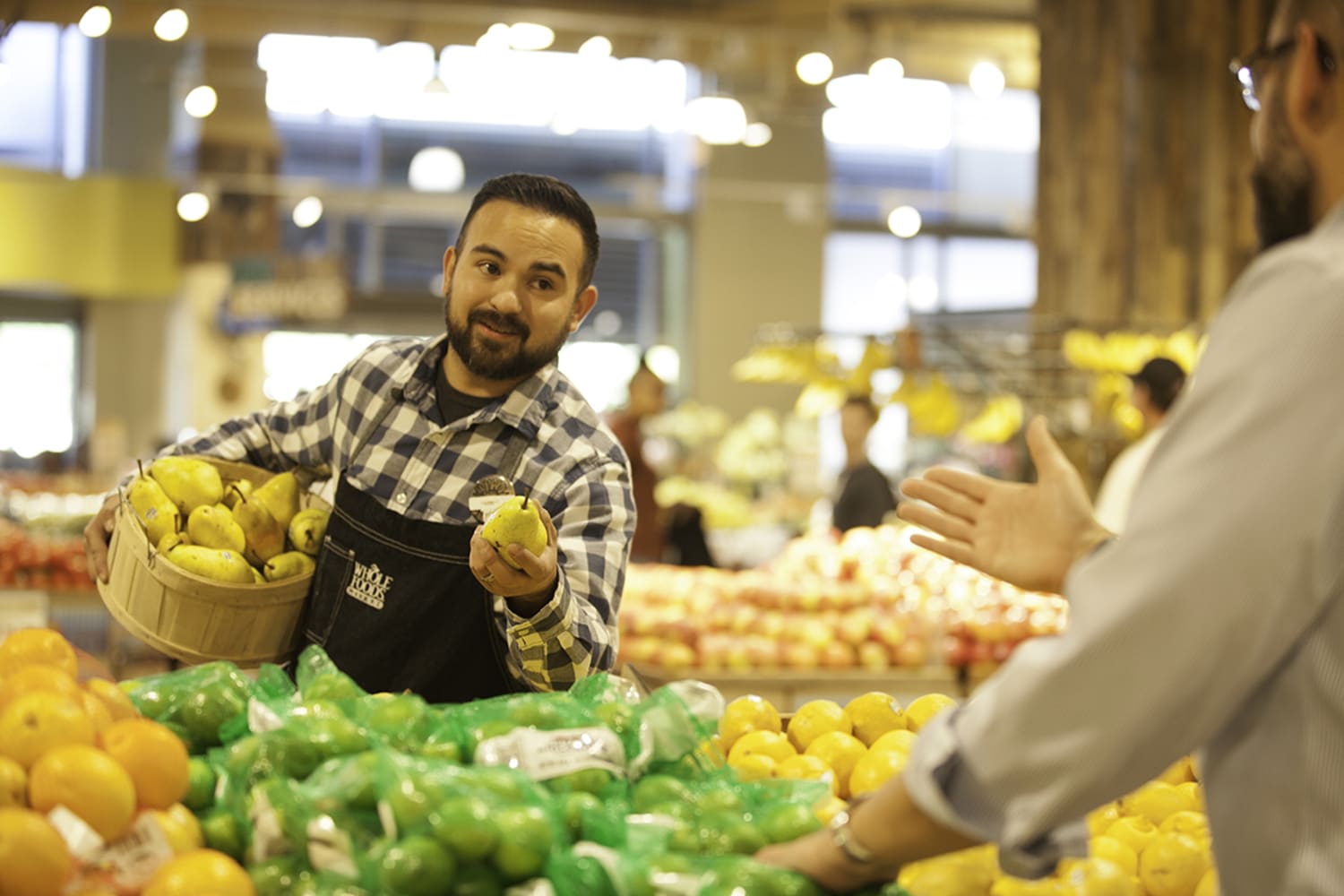
Fashion
High-street fashion labels started going green as early as 2012, when H&M launched its Conscious Collection. Zara released its sustainable Join Life collection in 2016, with affordable clothes made from organic cotton or recycled wool—basic T-shirts retail at $9.90.
Mango joined the conversation with Committed, its sustainable collection that launched in March 2017 and, in addition, the company aims to source half of all its cotton products from sustainable sources by 2022. “The future of fashion starts here,” says Daniel López, Mango’s vice chairman. “The views of consumers and sustainability awareness have evolved exponentially in recent years, in the same way that fashion has. Mango is committed to making its business model more sustainable.”
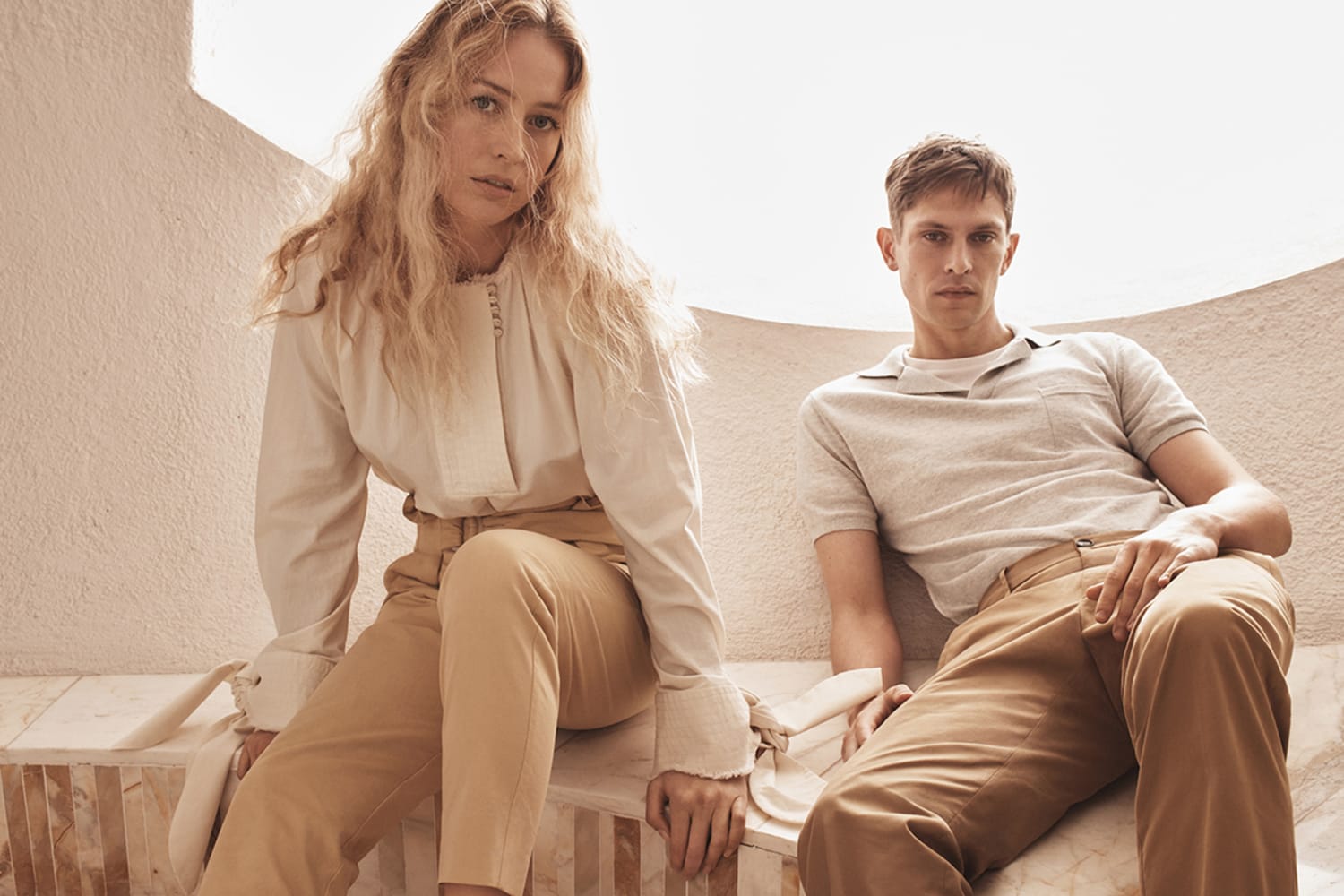

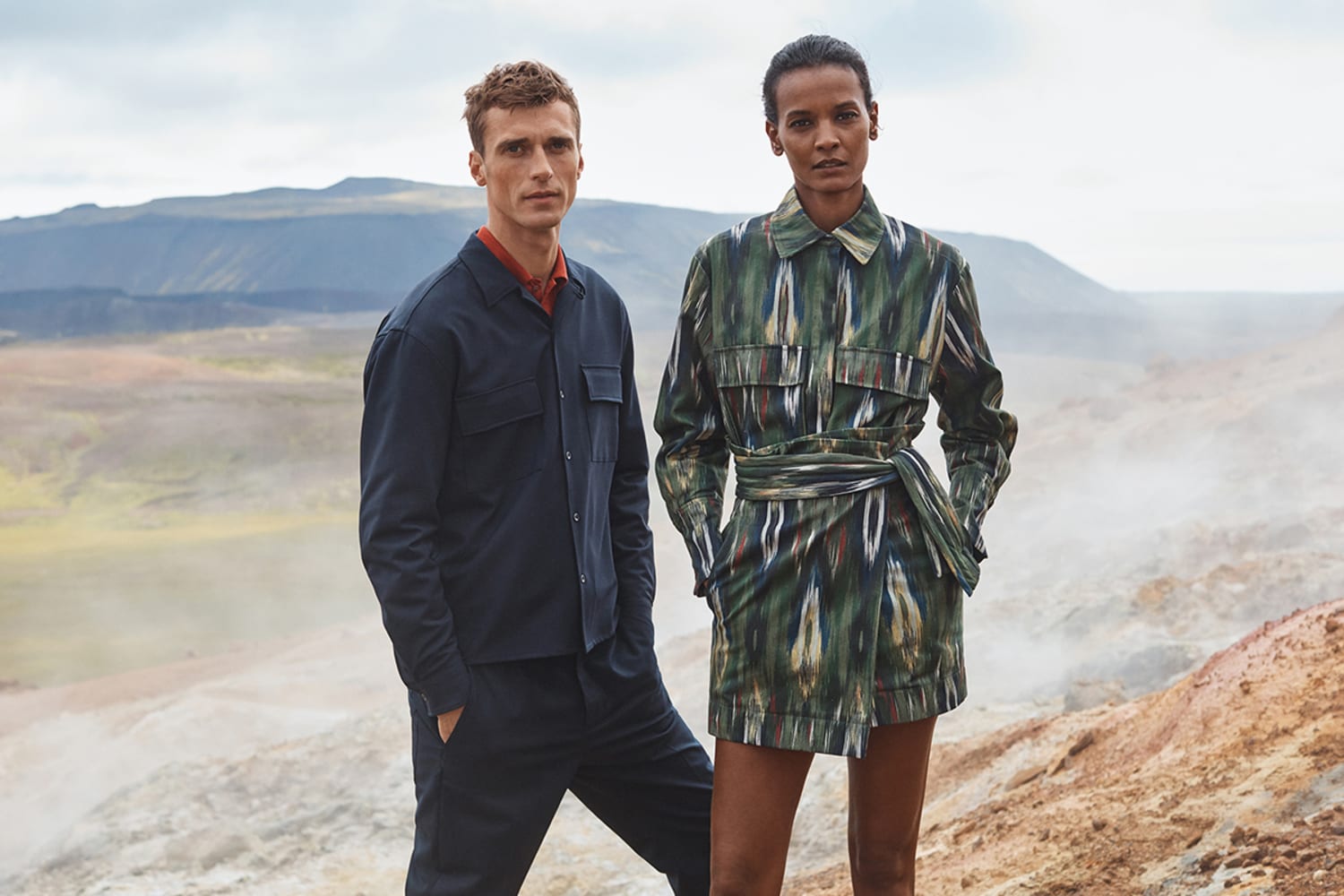
Who’s fueling this growth? Organic clothing sales are being supported by younger millennials, with 44% of 17-26-year-olds keen to see more eco-friendly fabrics used in fashion, Alice Goody, retail analyst for Mintel, told the Guardian in a 2017 interview.
Feminine care
“If we care about the ingredients in everything from our food to our face cream, why should our feminine care and sexual health products be any different?” ask Jordana Kier and Alex Friedman, cofounders of New York-based femcare startup Lola. Conscious consumption has extended into feminine care products after a rise in the popularity of organic tampons and pads from startups.
Drugstore chain CVS announced in May 2018 that it is dedicating more space to organic brands, including L Inc, Seventh Generation and Sustain Natural. Brandless launched its certified organic range of tampons and pads last fall, with $3 packs making this category affordable. Even personal care conglomerate Procter & Gamble started the Always Pure and Clean line of feminine care products, free from dyes and fragrances, in February this year, suggesting mainstream brands seeing growth in this space.
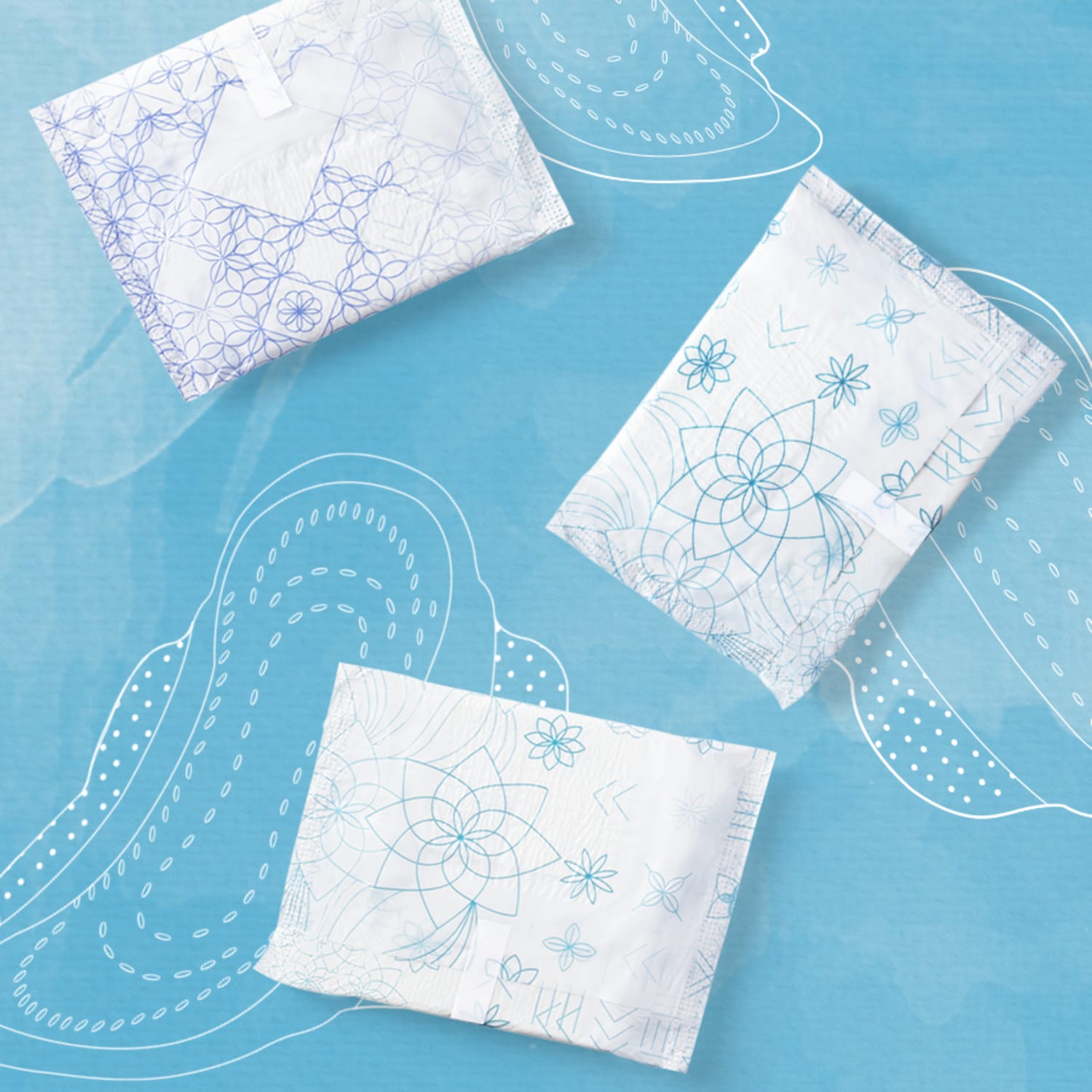

As natural and organic products across lifestyle sectors enter the mainstream market, marked-down prices and increased digital and physical offerings are making these products affordable and accessible—a win for consumers who want to consume mindfully without breaking the bank.
Please provide your contact information to continue.
Related Content

VML Shines at the ANDY Awards

